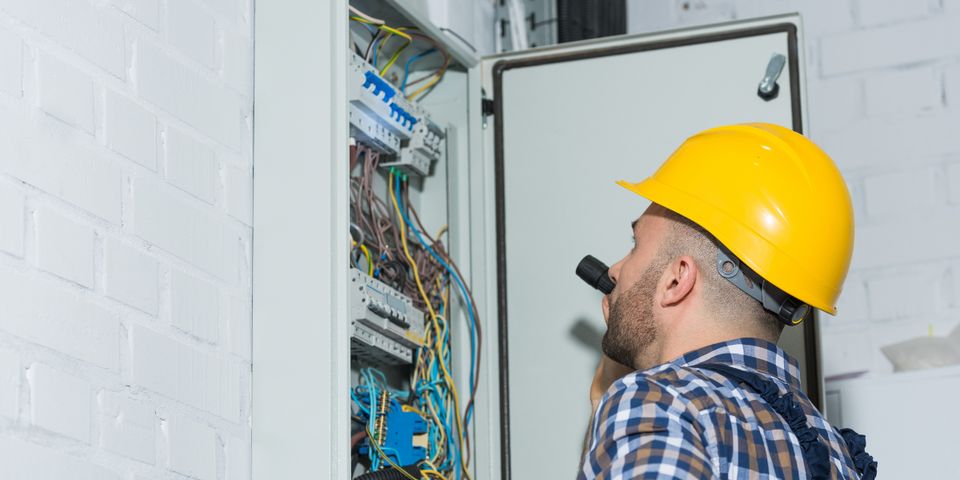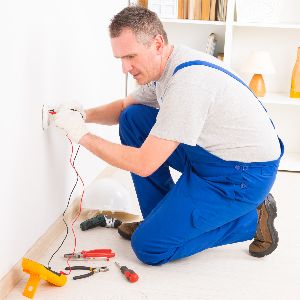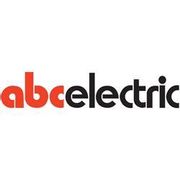
Immense amounts of power flow through your home’s electrical system, and practicing good habits ensures there’s no risk of shocks or fires. The following brief guide can help you understand how the system works. Knowing its limitations can prevent you from overloading circuits, creating safety hazards and the need for electrical repairs.
Do:
Inspect wires and equipment for damage.

There’s far less chance of a spark igniting nearby combustibles when you keep cables and wires in good condition. Contact an electrical repair professional if you discover frayed or stripped areas, so they can fix them. Do the same with damaged electrical equipment. Burning smells, loud noises, and faulty performance are common signs of electrical problems. Remember to check the prongs on the power cables. Sometimes, people bend or break off prongs when they yank cords from the wall outlets, creating a shock risk.
A lot of home wiring is hidden in walls and difficult to reach. Contact an electrician for a yearly inspection. They know how to access these areas and will carefully analyze each length of wiring for damage.
Cover your outlets.
Cover any outlets you aren’t using with plastic panels. This is especially important if you have young children who may put their fingers or objects in the outlet and shock themselves. Covers also prevent dust, debris, and water from entering the outlet and affecting the flow of electricity. If you’re only using one hole on an outlet, install a plastic, hinged cover. This box attaches over it and locks so that children can’t access it.
Don’t:
Overload circuits and outlets.
Each electrical circuit in your home has power limitations. Plugging in too many devices will overload it and trip the circuit on the breaker box—the large panel that connects all your home’s wiring. Never overload outlets around a media center or in the kitchen with power strips. If you’re constantly searching for outlets, ask a residential electrician about adding more circuits to an area in your home.
Touch wiring with wet hands.
Never touch an appliance cord or exposed wiring with wet hands since water conducts electricity, and you can shock yourself. It's also dangerous to assume a wire is safe because you don't notice damage. Minor cuts in the casing are hard to see, and you only need to make a small amount of contact to shock yourself. To be safe, avoid plugging items into outlets with wet hands.
If you suspect that the electrical wiring in your home may be unsafe, consult with the experts at ABC Electric Company, Inc. For nearly 85 years, they’ve provided electrical repairs and installations in Lincoln, NE. They prioritize safety and ensure customers have all the resources they need to use their systems safely. Learn about their commercial and industrial electrical services on their website, or call (402) 435-3514 to schedule electrical repairs. You’ll find more safety advice on their Facebook page.
About the Business
Have a question? Ask the experts!
Send your question

